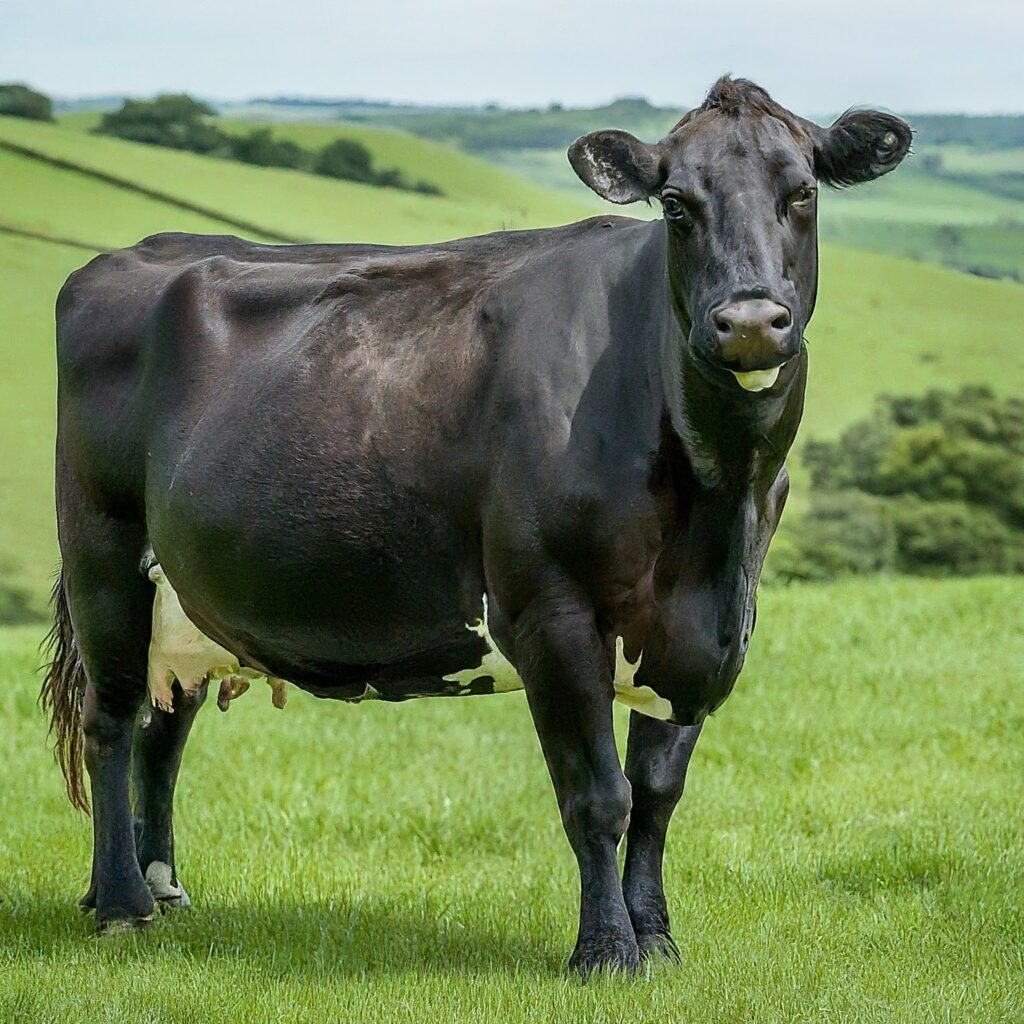
Canadienne cattle! Imagine a cattle breed with roots tracing back to the earliest days of European settlement in Canada. A breed so hardy it could withstand frigid winters and short growing seasons. Meet the Canadienne – a resilient heritage breed with a fascinating story, unique traits, and a growing resurgence in popularity. Whether you’re a history buff, a homesteader, or simply curious about unique livestock, the Canadienne is worth a closer look.
Origin: A Story of Survival and Revival
The ancestors of today’s Canadienne cattle arrived in Canada in the 1600s with French settlers. These hardy animals were essential to survival, providing milk, meat, and draft power. Due to their hardiness and adaptability, Canadienne became widespread throughout Quebec and Eastern Canada. However, the introduction of larger, specialized breeds in the late 1800s and early 1900s led to a sharp decline in Canadienne numbers, nearly pushing the breed to extinction. Thankfully, dedicated breeders recognized their value, and efforts began to preserve this historic breed.
Characteristics: Built for Harsh Conditions
- Smaller Stature: Canadiennes are smaller than many modern beef or dairy breeds. Cows typically weigh 900-1200 lbs, and bulls reach 1200-1800 lbs.
- Traditional Colors: They’re usually black or brown with a distinctive lighter muzzle and light-colored underbelly.
- Winter Ready: A thicker coat and their ability to thrive on lower quality forage make them well-suited to harsh climates.
- Docile Personality: Canadiennes are known for their gentle, easy-to-manage nature.
Pros: Why Consider Canadienne Cattle
- Triple Threat: Canadiennes are a true triple-purpose breed – good for milk, beef, and historically, even used as draft animals.
- Easy Keepers: They excel on pasture and forage, and generally require less supplemental feed than some larger breeds.
- Heritage Appeal: Raising Canadiennes offers a way to be part of preserving a unique and historic piece of agricultural history.
- Excellent Mothers: Canadiennes have strong maternal instincts, easy calving, and sufficient milk production to support healthy calves.
Cons: Important Considerations
- Smaller Yield: Compared to specialized beef or dairy breeds, Canadiennes yield less milk and beef overall.
- Breed Rarity: Finding Canadienne cattle may be more challenging and potentially more expensive than common breeds.
- Market Niche: While the demand for heritage breed products is growing, you’ll need to assess your local market before investing heavily.
Characteristics Table
| Characteristic | Description | Notes |
|---|---|---|
| Color | Typically black, sometimes brown, with lighter markings | Traditional colors are preferred |
| Size | Smaller breed | Cows: ~900-1200 lbs, Bulls: ~1200-1800 lbs |
| Temperament | Docile, easy to handle | Makes them safer and pleasant to work with |
| Adaptability | Hardy, thrive in harsh climates, excel on pasture | Well adapted to less optimal conditions |
| Health | Generally robust with long lifespans | May be less prone to some modern cattle issues |
| Purpose | Triple-purpose: milk, beef, and draft | Unique versatility amongst cattle breeds |
What are Canadienne cattle used for?
- Milk Production: Canadienne milk is renowned for its exceptionally high butterfat content, making it ideal for cheesemaking. While their yields are lower than specialized dairy breeds, it’s perfect for farmstead operations or niche markets.
- Beef Production: Canadienne beef is lean and flavorful with excellent marbling. It appeals to a market seeking healthy, traditionally raised meat.
- Oxen: Historically, Canadiennes were valued as draft animals, known for their strength and willingness. While rare today, some enthusiasts still train them as oxen.
Canadienne Cattle Risks Involved
While Canadiennes are relatively hardy, it’s important to understand some potential considerations:
- Market Stability: Investing in a niche breed requires careful market research. Ensure there’s demand for Canadienne products in your area before committing heavily.
- Health Considerations: As with any breed, individual animals can develop health issues. Work with reputable breeders, select healthy animals, and provide proper care to minimize risks.
FAQ Section
Q: Are Canadienne cattle a good choice for a homestead?
A: Canadiennes can be excellent for homesteads. Their smaller size, hardiness, and triple-purpose nature make them a highly manageable and productive addition to a more self-sufficient lifestyle.
Q: Are Canadienne cattle endangered?
A: While no longer critically endangered, Canadienne cattle are considered a recovering breed. Supporting them helps preserve their unique genetics and an important part of agricultural history.
Q: Where can I find Canadienne cattle?
A: Start with resources like the Canadienne Cattle Breeders Association ([link to a Canadian Cattle Breeders Association]) or organizations focused on preserving heritage breeds.
Conclusion
The Canadienne cattle breed offers a compelling blend of hardiness, history, and versatility. If you value self-sufficiency, unique livestock breeds, and flavorful niche products, the Canadienne could be the perfect addition to your farm. Their story of survival is a testament to their resilience, and their comeback showcases a growing appreciation for heritage breeds.
Have you had any experiences with Canadienne cattle? Share your stories, questions, or thoughts in the comments below!
